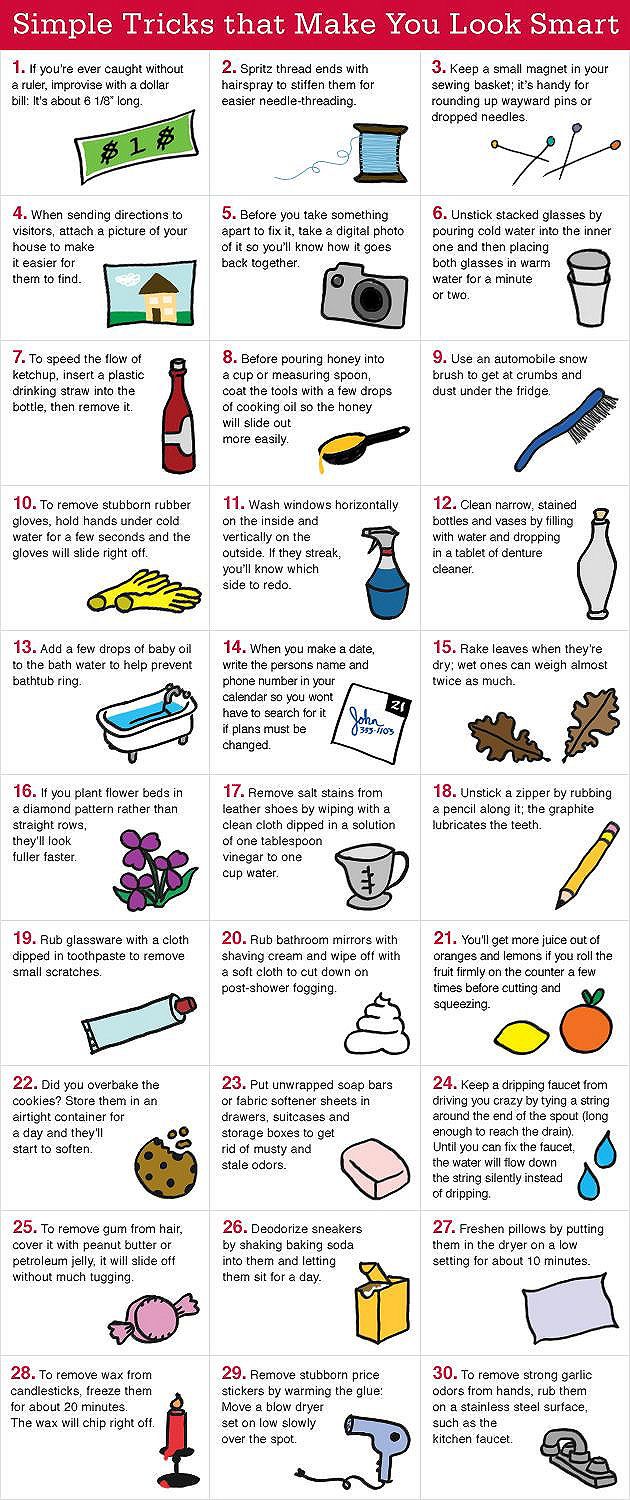
Navigating Everyday Life: Tips and Tricks from MALS Patients.
Living with Median Arcuate Ligament Syndrome can present unique challenges for patients. From managing pain to finding ways to navigate daily tasks, patients with MALS have developed a variety of tips and tricks to make life a little easier.
One of the biggest hurdles for Median Arcuate Ligament Syndrome patients is managing pain. This condition can cause Mals Syndrome Symptoms such as chronic abdominal pain, which can be debilitating and affect everyday activities. To cope with this pain, patients have found various techniques that work for them. Some find relief through gentle exercises, such as yoga or stretching, while others have benefited from alternative therapies, such as acupuncture or massage.
In addition to managing pain, patients with Median Arcuate Ligament Syndrome often face difficulty with eating and digestion. The compression of the celiac artery can lead to gastrointestinal issues, such as bloating, nausea, and difficulty digesting certain foods. To combat these symptoms, patients have discovered the importance of maintaining a healthy and balanced diet. Some find that smaller, more frequent meals help to alleviate symptoms, while others have found success with specific dietary changes, such as reducing their intake of certain trigger foods.
Furthermore, navigating everyday tasks can be challenging for Median Arcuate Ligament Syndrome patients. Simple activities, such as lifting heavy objects or bending over, can trigger pain and discomfort. As a result, patients have developed clever tricks to manage these tasks more easily. For example, using assistive devices, like reaching tools or ergonomic furniture, can help to decrease strain on the body and minimize pain. Additionally, breaking tasks into smaller, more manageable steps can make them less overwhelming and easier to accomplish.
Living with Median Arcuate Ligament Syndrome presents patients with unique challenges in navigating everyday life. However, with the use of various tips and tricks, patients have found ways to manage pain, improve digestion, and tackle daily tasks more effectively. By sharing their experiences, these patients provide valuable insights and support for others facing similar challenges. Through continued research and advocacy, it is hoped that even more strategies and resources will become available to help MALS patients live their lives to the fullest.





